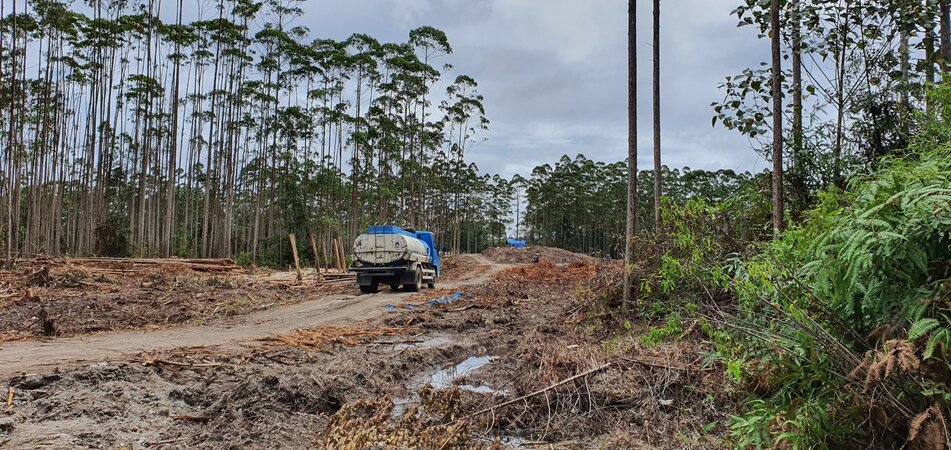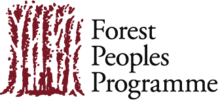
FSC update risks weakening accountability for forest harm

The world’s biggest sustainable timber certifier is revising how it applies its “corporate group” rules, which determine whether certified companies are held responsible for violations by affiliates, suppliers or subsidiaries.
The Forest Stewardship Council (FSC), which certifies wood and paper products worldwide, has completed a review and revision of its internal guidance on applying the corporate group definition, and an updated version is expected to be published publicly later this year. The corporate group concept is central to the FSC’s rules because it determines how to deal with a company that’s certified if one of its uncertified subsidiaries, suppliers or affiliates is found to have committed forestry violations.
Civil society groups including Forest Peoples Programme (FPP), Greenpeace, and Rainforest Action Network (RAN) warn that narrowing the corporate group scope could allow forest industry giants such as APP and APRIL to re-enter FSC certification without fully addressing past deforestation or land conflict issues.
“Given the centrality of the corporate group definition to the remedy process, this creates a real risk that companies could exploit the process to narrow accountability,” said Angus MacInnes, project officer at FPP. “This would undermine remedies for communities harmed by APRIL, APP, and other major forestry conglomerates.”
Fears of narrowing accountability
Civil society groups that engaged in the review say the process may pave the way for weaker accountability. Only three NGOs were consulted as part of the process, alongside private sector actors, according to MacInnes. “This made us very nervous, as we feared that this was an attempt to water down group-level responsibility.” He added that survey questions appeared to be framed around corporate concerns, such as how companies “defend their reputation” or “educate” subsidiaries, rather than how accountability to communities should be upheld.
While the FSC insists it has not changed the definition itself but merely updated guidance on how it is applied, NGOs remain wary. MacInnes noted that the statement “leaves open how much latitude FSC has in adapting or narrowing the application” of the definition, which is intentionally broad.
For NGOs, the concern is that the FSC’s updated guidance could shift the balance toward corporate convenience just as APP and APRIL are seeking readmission. For the FSC, the credibility of its most ambitious accountability experiment hangs in the balance.
“We will have to see the updated guidance to see whether this has been the case,” MacInnes said. “Let’s hope FSC share a version publicly as soon as possible.”
- Please note: This update contains extracts from an article published on Mongabay’s website on Tuesday, 16th September 2025. For more information, click here to read the full article.
Overview
- Resource Type:
- News
- Publication date:
- 17 September 2025
- Programmes:
- Supply Chains and Trade


